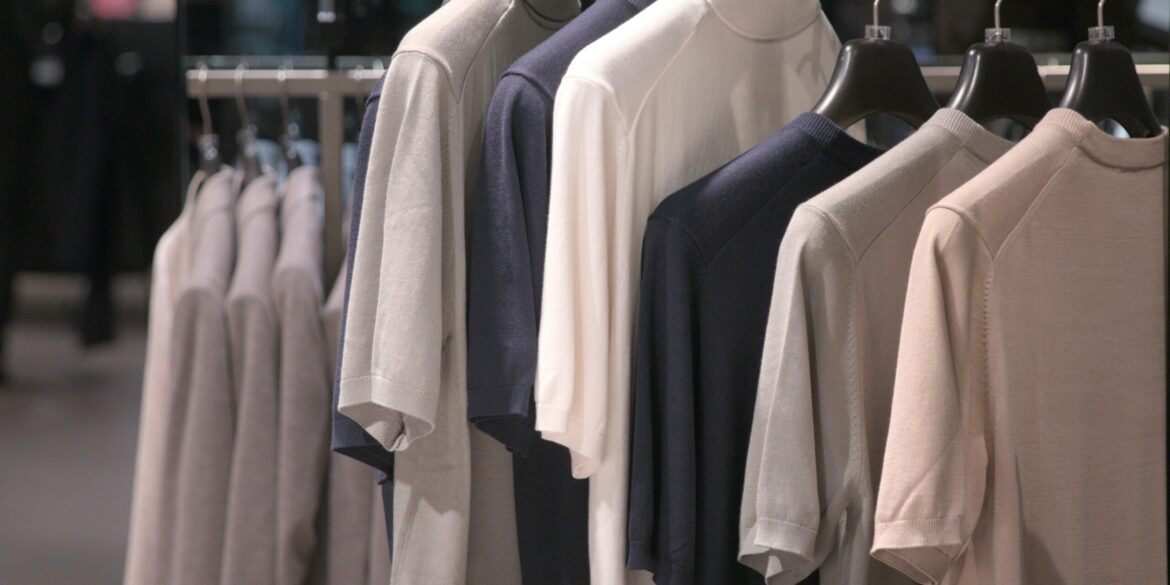On May 30, 2025, several prominent menswear brands unveiled their spring collections with a strong focus on sustainability and ethical production practices. Leading labels such as EverGreen Threads and Urban Roots highlighted their commitment to the environment by showcasing garments crafted from recycled fabrics, organic cotton, and biodegradable dyes. This move reflects a growing consumer demand for fashion that not only looks good but also minimizes environmental impact.
According to recent industry reports, sales of men’s apparel in sustainable categories have surged by 35% over the past year, underscoring a significant transformation in consumer behavior. This surge is prompting retailers to expand their eco-conscious offerings and innovate new ways to reduce waste, including the introduction of buy-back programs that encourage customers to return used clothing for recycling or repurposing.
“Men today are more informed and conscious about the environmental footprint of their purchases,” said Julia Martinez, a fashion analyst at GreenStyle Consulting. “They seek transparency about materials and manufacturing processes, and they want their wardrobes to reflect their values.”
The emphasis on sustainability is also shaping design trends in menswear. Minimalist and versatile pieces, designed for longevity and multiple uses, are gaining popularity. This practical approach aligns with the desire to reduce consumption and extend the lifecycle of clothing. The collections introduced at the spring shows featured clean lines, neutral tones, and adaptable styles that can transition easily across different settings and seasons.
Sustainable menswear brands are also addressing ethical production by ensuring fair labor practices throughout their supply chains. Many have adopted certifications that verify responsible sourcing and manufacturing conditions, appealing to consumers who prioritize social justice alongside environmental concerns.
Retailers have responded to these consumer preferences by increasing transparency efforts, often providing detailed information about the origins of fabrics and the environmental impact of their products. Some stores have launched in-store recycling initiatives and digital platforms to educate shoppers about sustainable fashion choices.
“The fashion industry is witnessing a fundamental shift,” noted fashion editor Marcus Lee. “Sustainability is no longer a niche trend but a central criterion influencing buying decisions, especially among men who want their style to be meaningful and responsible.”
As awareness grows, experts predict that sustainable menswear will continue to expand its market share, influencing not only what men wear but also how the fashion industry operates. This ongoing evolution reflects a broader cultural movement toward conscious consumerism and environmental stewardship.
The 2025 spring collections demonstrate that sustainable fashion can blend style, innovation, and ethics, setting the tone for the future of menswear.
For more details on sustainable menswear trends, visit Fashion United’s 2025 report.
https://fashionunited.com/news/sustainable-menswear-trends-2025

